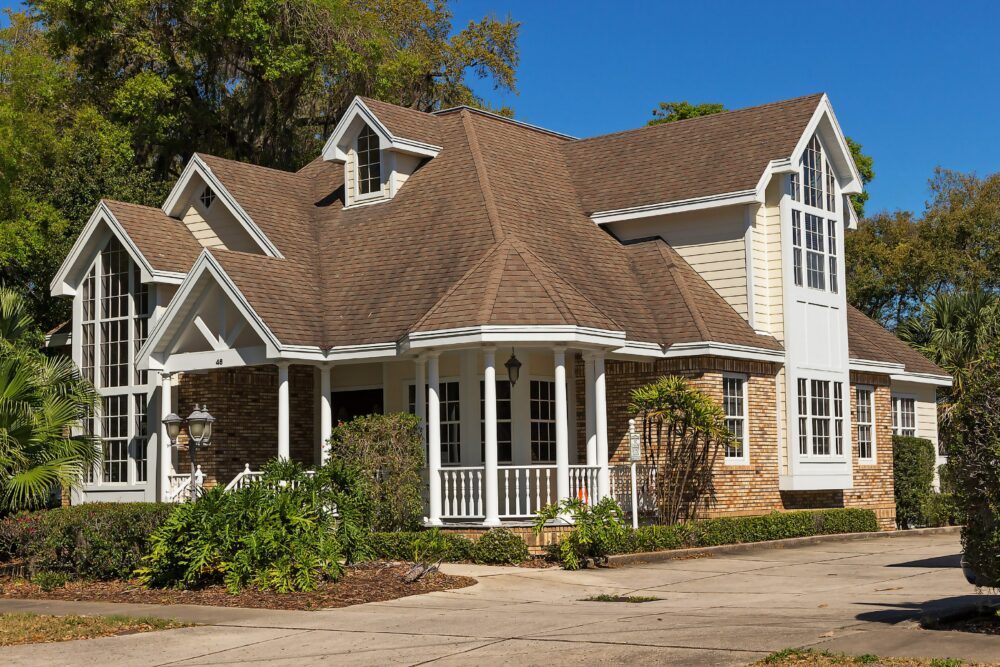
The short answer is you should replace your roof. Yes, it can be argued whether to repair or replace a roof depends on the extent of the damage. Some insurance companies even say that if most of your roof is still in good shape, you may be able to repair the damaged spot.
The reality is that if your roof has been compromised as a result of windstorm or hail event then you’re only placing a Band-Aid on the problem and will likely have additional roof issues in the near future. Additionally, when there are signs the roof is wearing out, or if it is close to the end of its expected lifespan, you are always better off replacing it.
The expected lifespan of a roof can vary greatly depending upon the type of roofing material used. If you are not sure what type of roof you have, an experienced roofer can tell you.
If your home has an older roof, you should also keep in mind that there is a trend toward insurance companies tightening their underwriting requirements in areas like Florida where they have greater than average exposure.
Some insurers are refusing to renew existing homeowner’s insurance policies on houses with roofs older than 20 years unless they pass an inspection and some insurance companies are requiring the homeowners to cover the cost of these inspections.
Policies on homes that fail inspection are not renewed without a roof replacement. Other insurers are refusing to write new policies for homes with roofs over 20 years old and are limiting liability under the policy to actual cash value to replace older roofs when they’re damaged.
This means they don’t pay to fully replace the roof, but only reimburse for what an old roof is worth after 20-plus years. Although replacing a roof can be expensive, you may have no choice if failing to replace the roof means that you can’t get homeowner’s insurance. (See “Why Should I Buy Homeowner’s Insurance.”)
If you check the condition of your roof at least once a year, you should be able to plan in advance for necessary repairs. Moisture marks or brown stains on ceilings or walls, peeling paint on the underside of roof overhangs, damp spots alongside fireplaces, or water stains on pipes venting the water heater or furnace are all signs of a leaky roof.
When you inspect your roof; signs of trouble include cracked caulk or rust spots on flashing; missing shingles or shingles that are buckling, curling, or blistering; and worn areas around chimneys, pipes, and skylights. If you find piles of grit from asphalt roof tiles in the gutters, it means that the granules on your shingles are wearing down.
Black algae stains are not just cosmetic issues, masses of moss and lichen could signal roofing that’s decayed underneath.
If you’re inspecting your roof and find signs of a problem, especially if the roof is old or you suspect the damage occurred as a result of a storm with heavy wind or hail, or a recent tornado or hurricane, it is best to get a professional assessment.
Often, there’s a level of damage beyond what you are easily able to see. Some roofing companies do this free; specialized roof inspectors, like those who work through the National Roof Certification and Inspection Association, charge about $175.
If something sudden and unforeseen, such as a wind storm, causes a leak to appear, your homeowner’s insurance will likely cover the repairs. But you’re still responsible for limiting the damage, so try to get a local roofer to spread a tarp while you arrange for repairs. Insurance may not cover your loss if you fail to mitigate the damages so be proactive a call a roofing professional to tarp your damaged roof.



